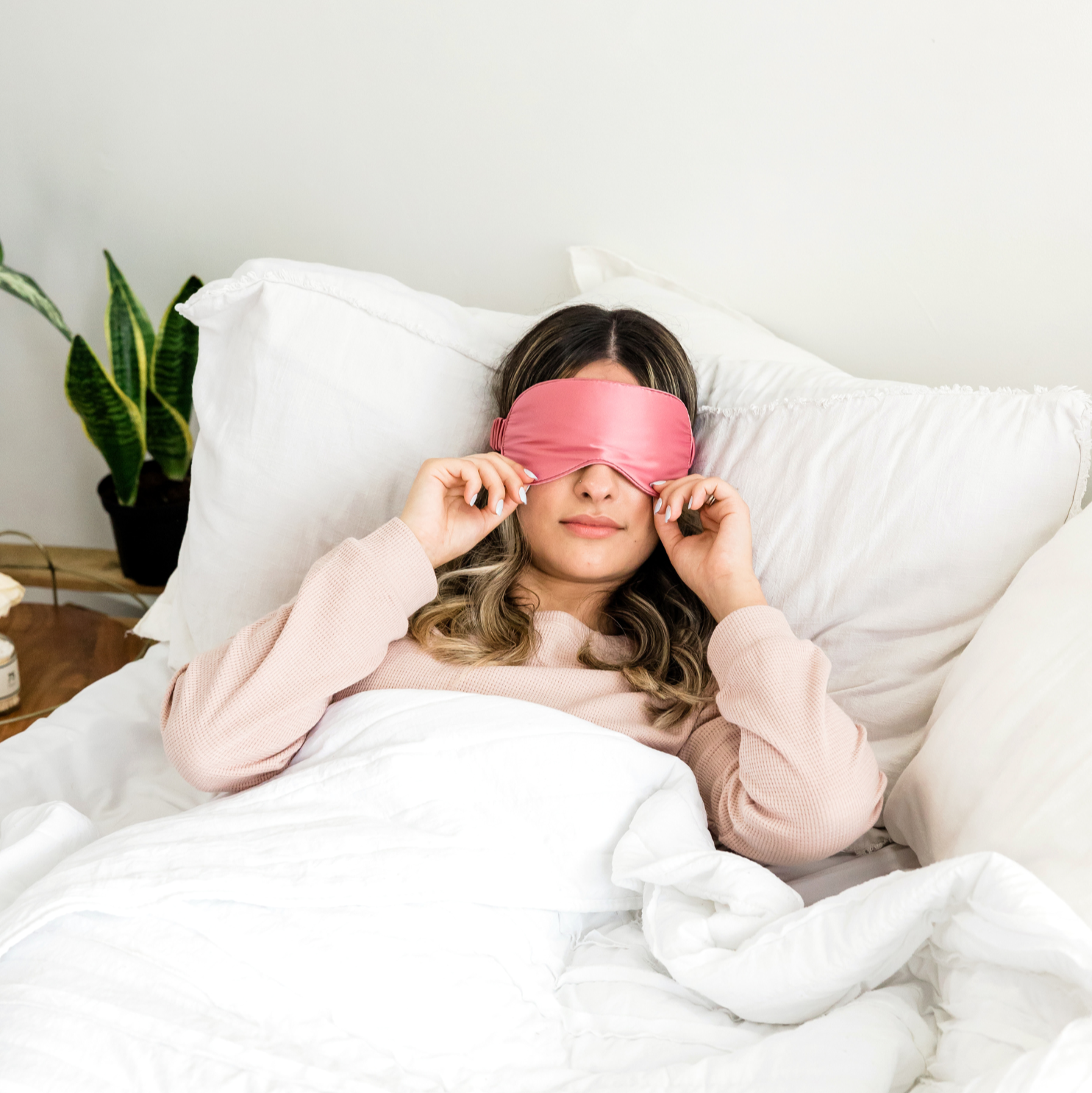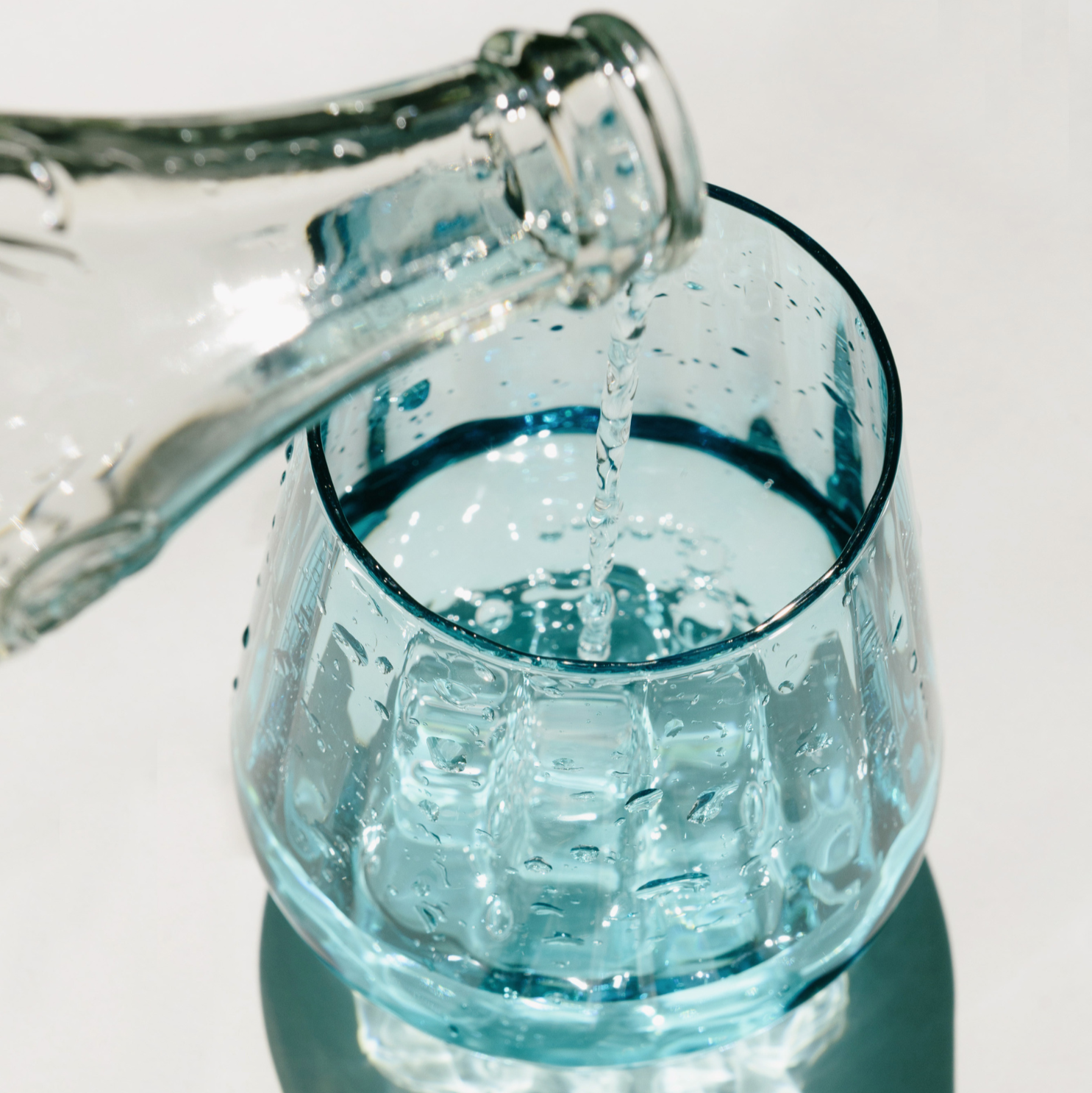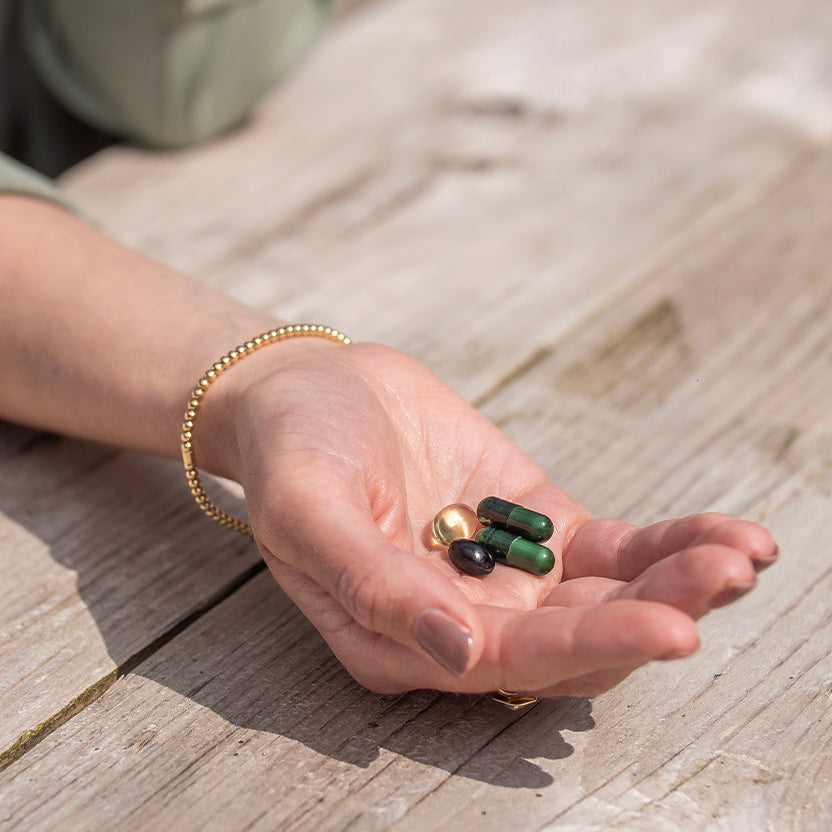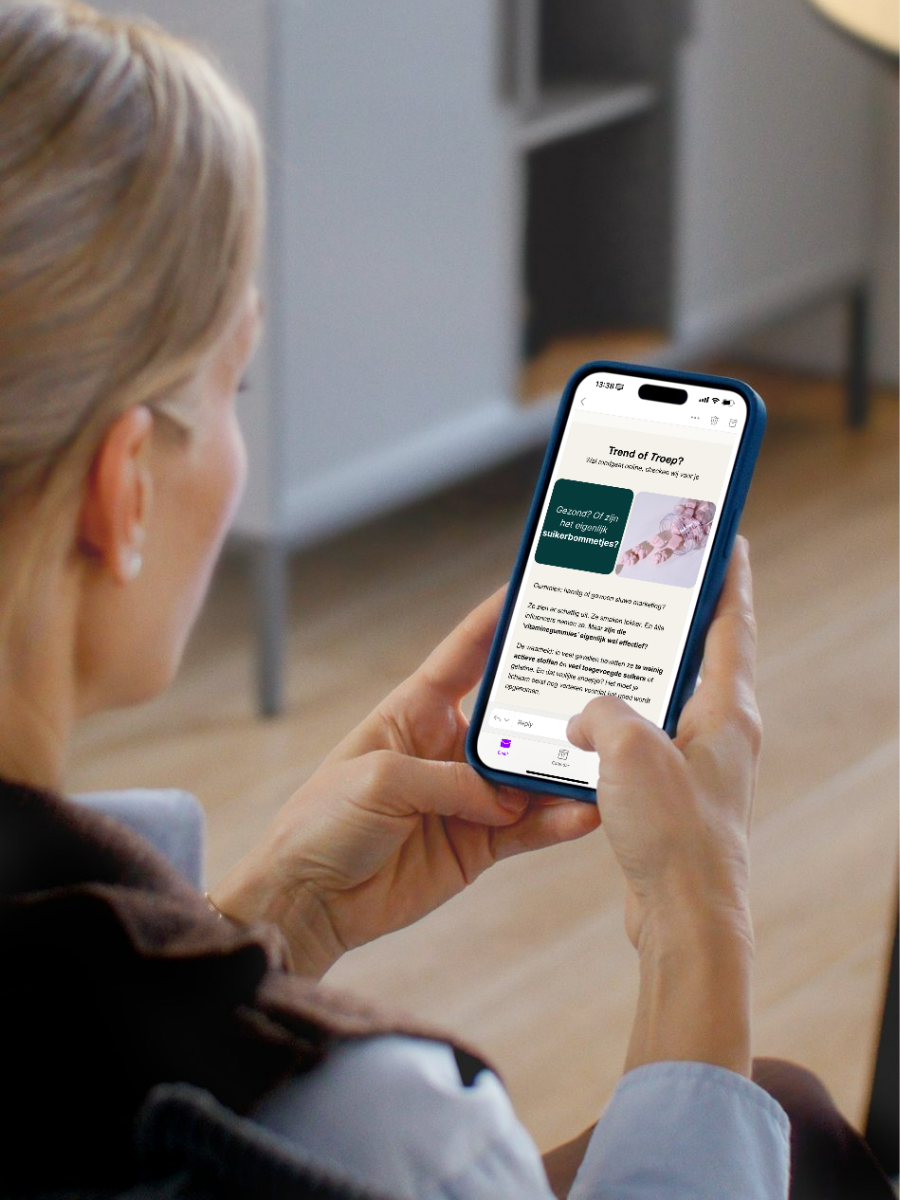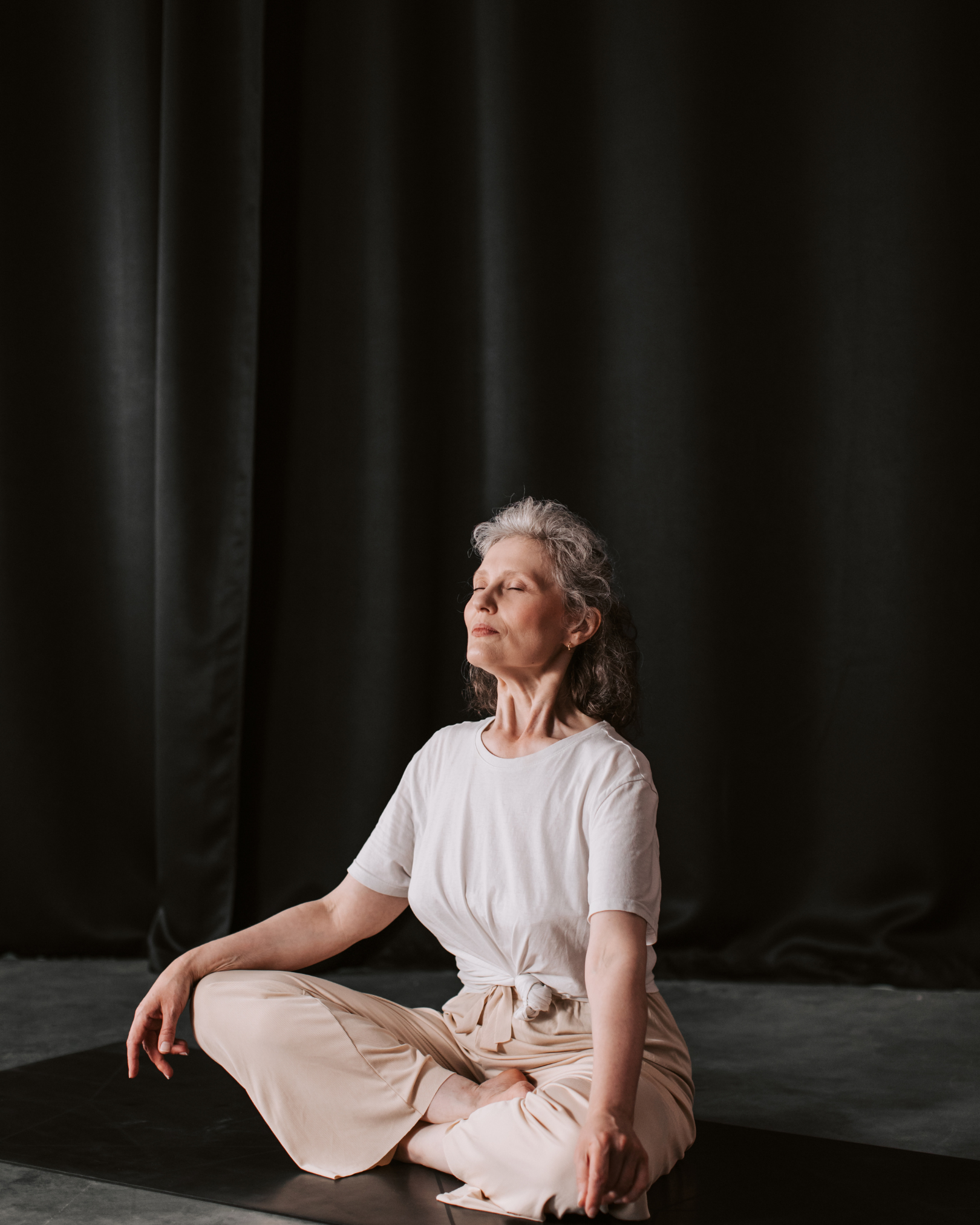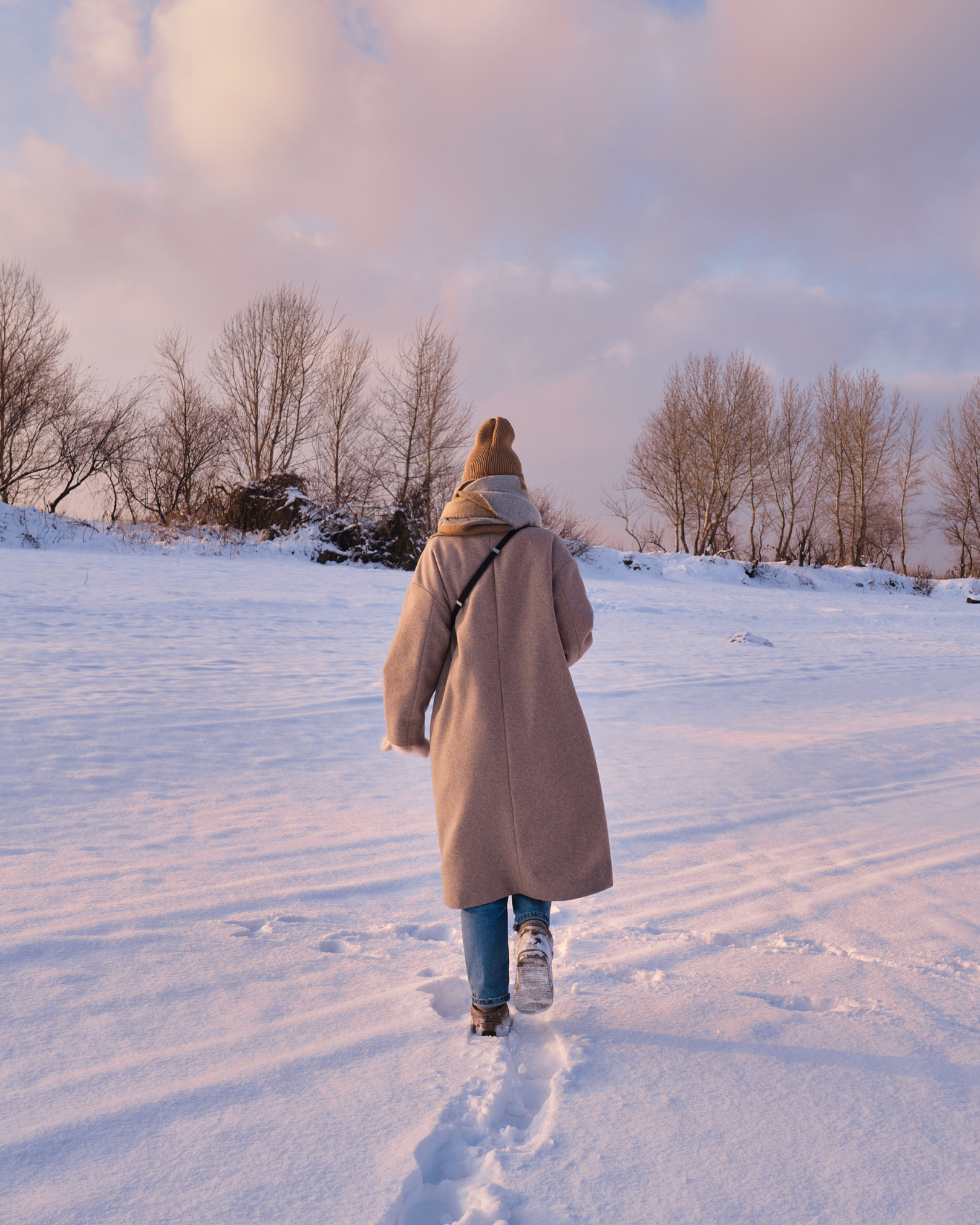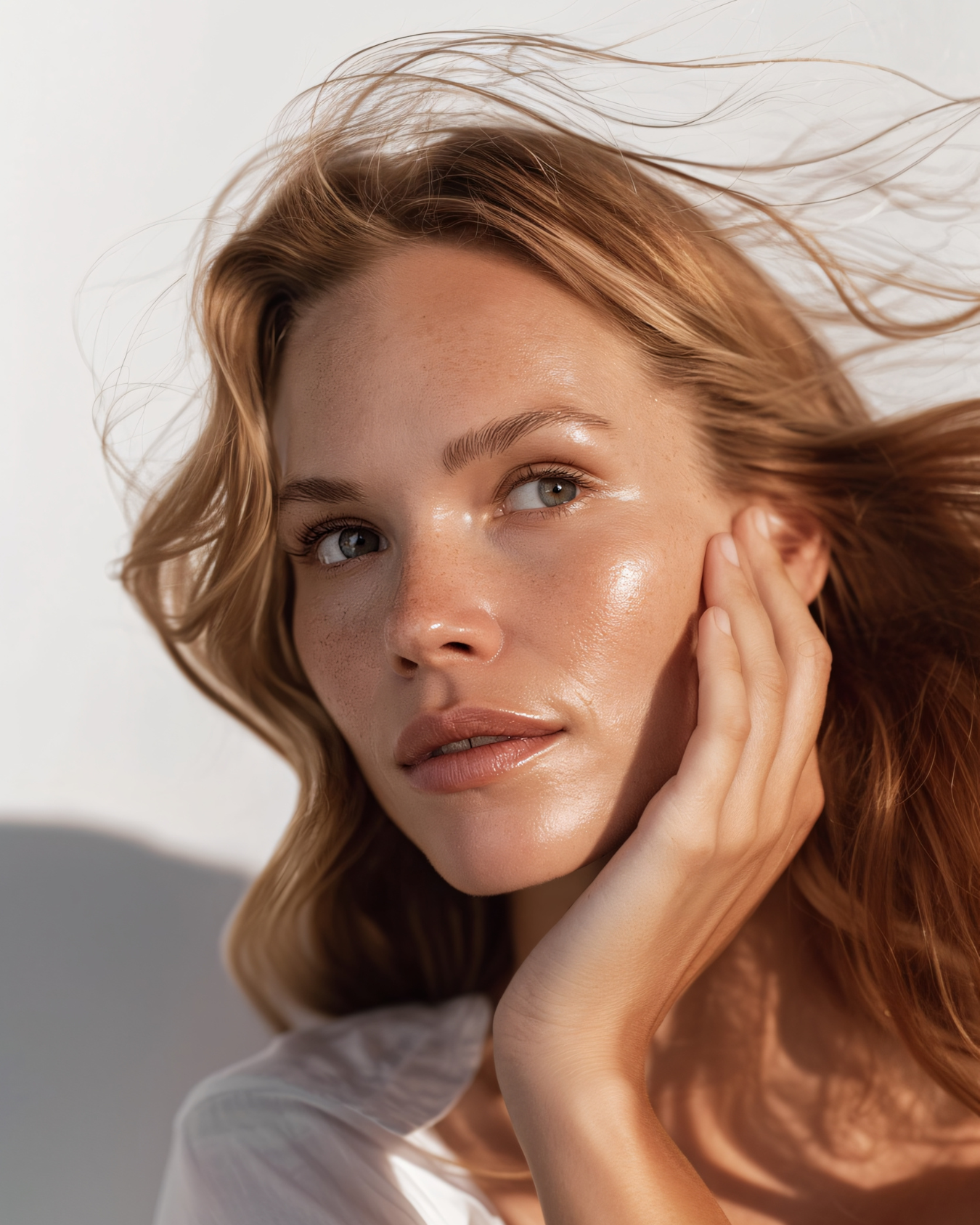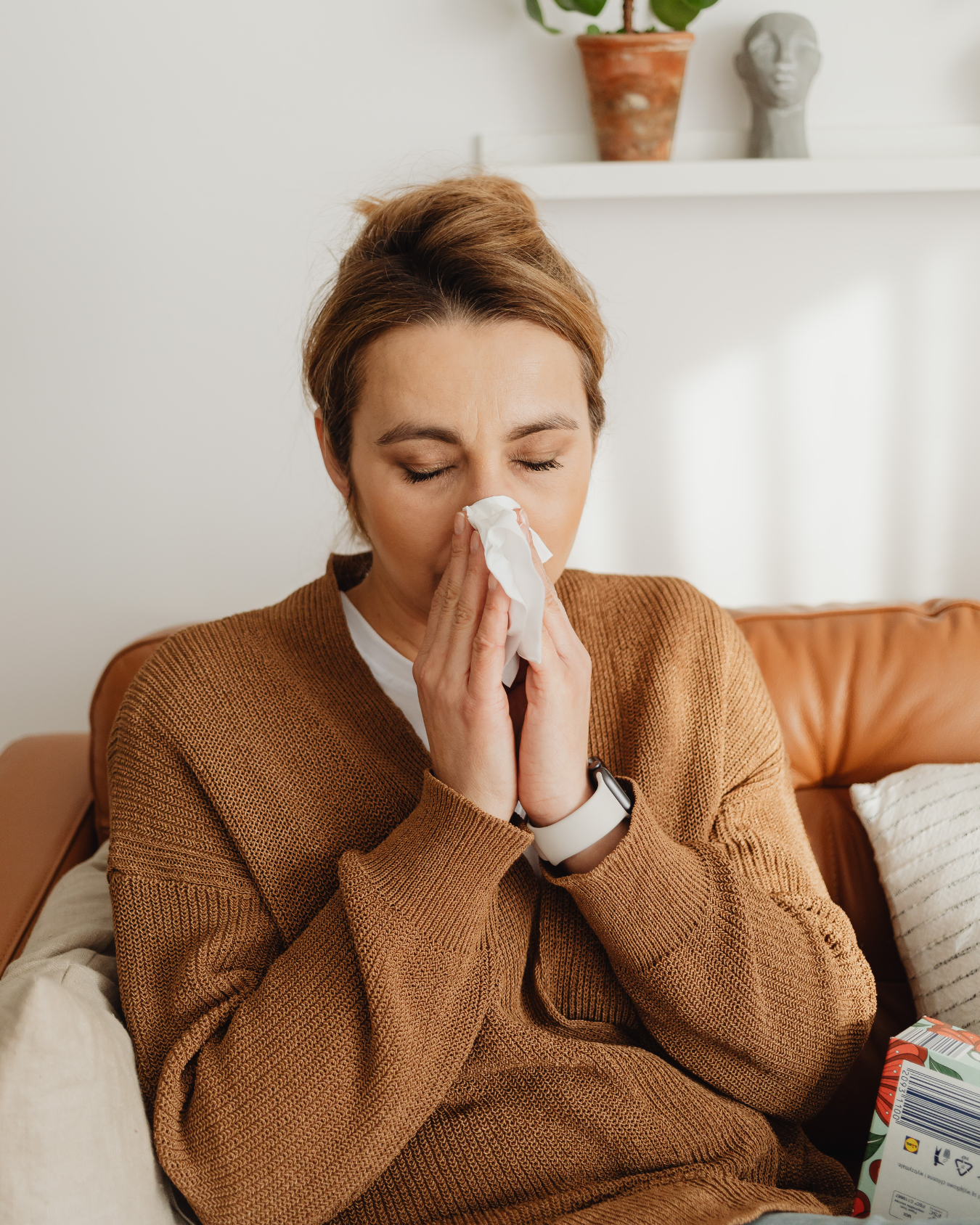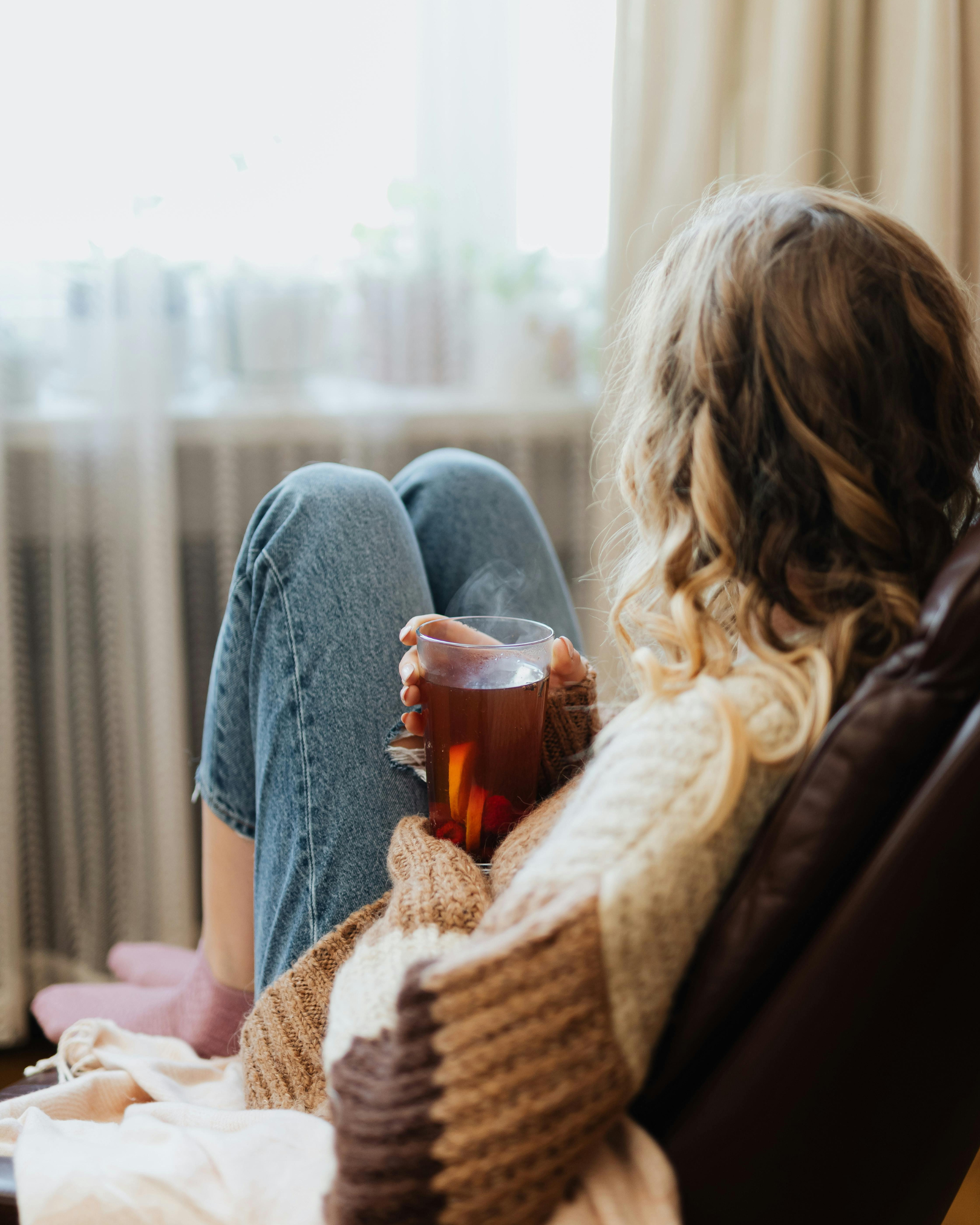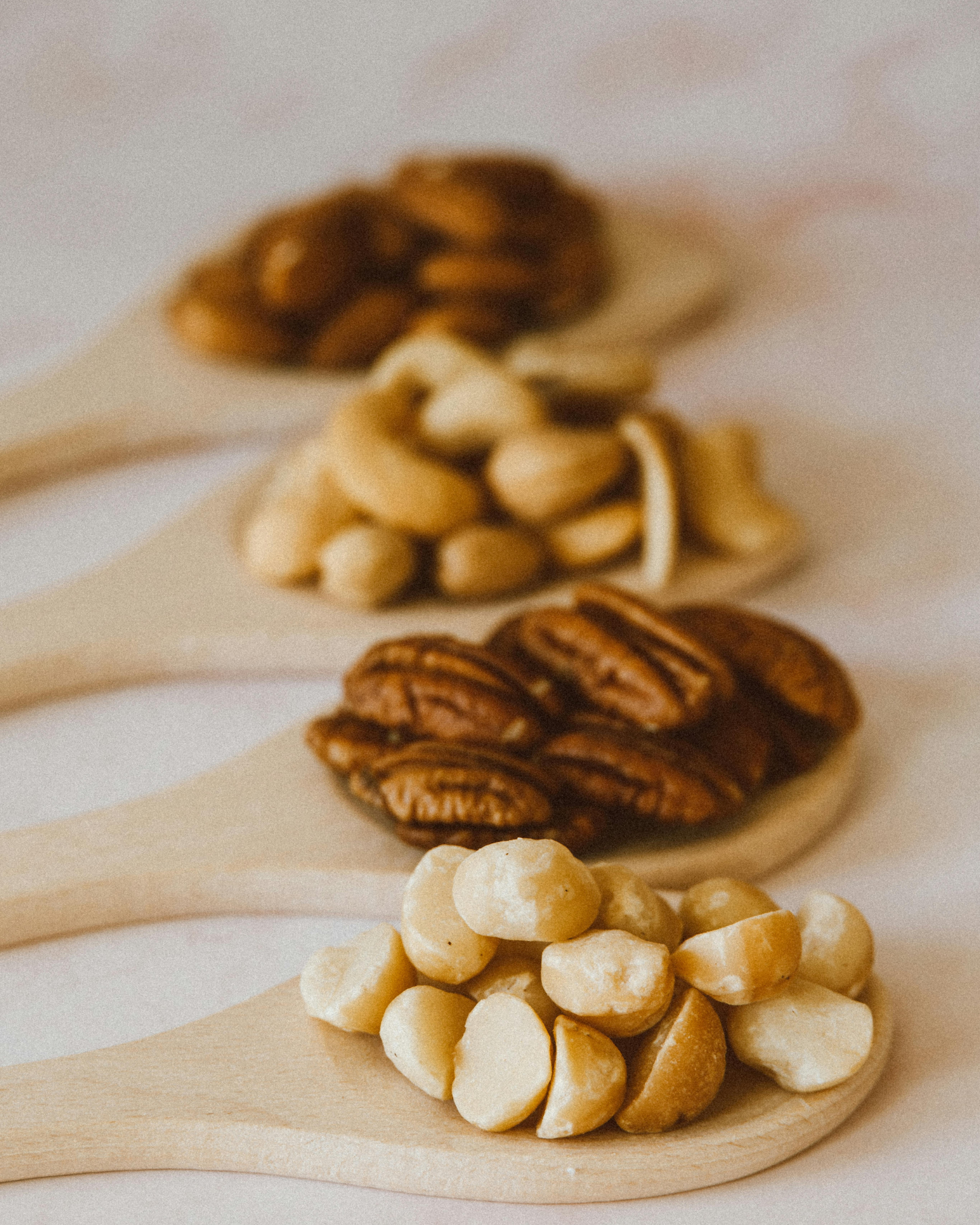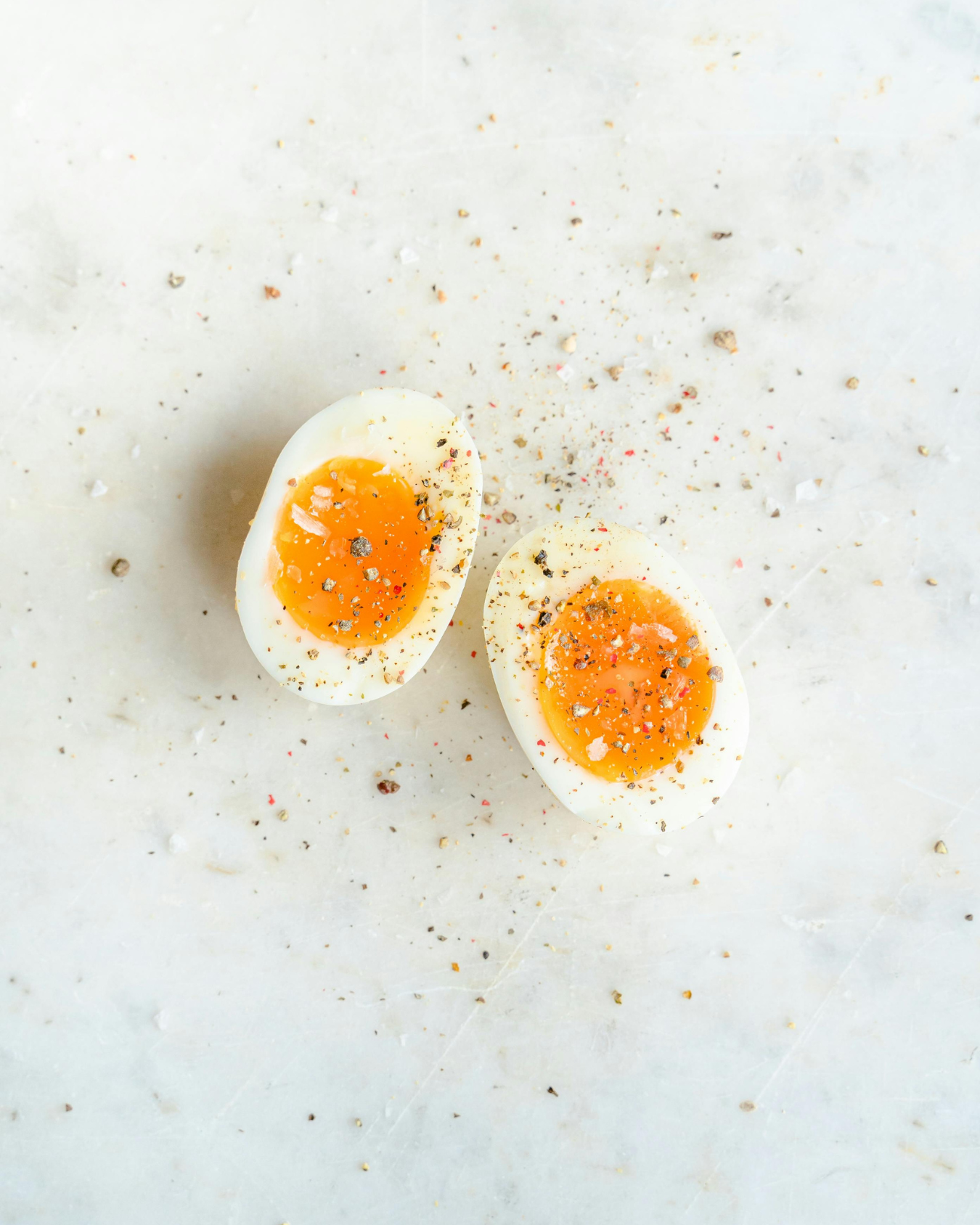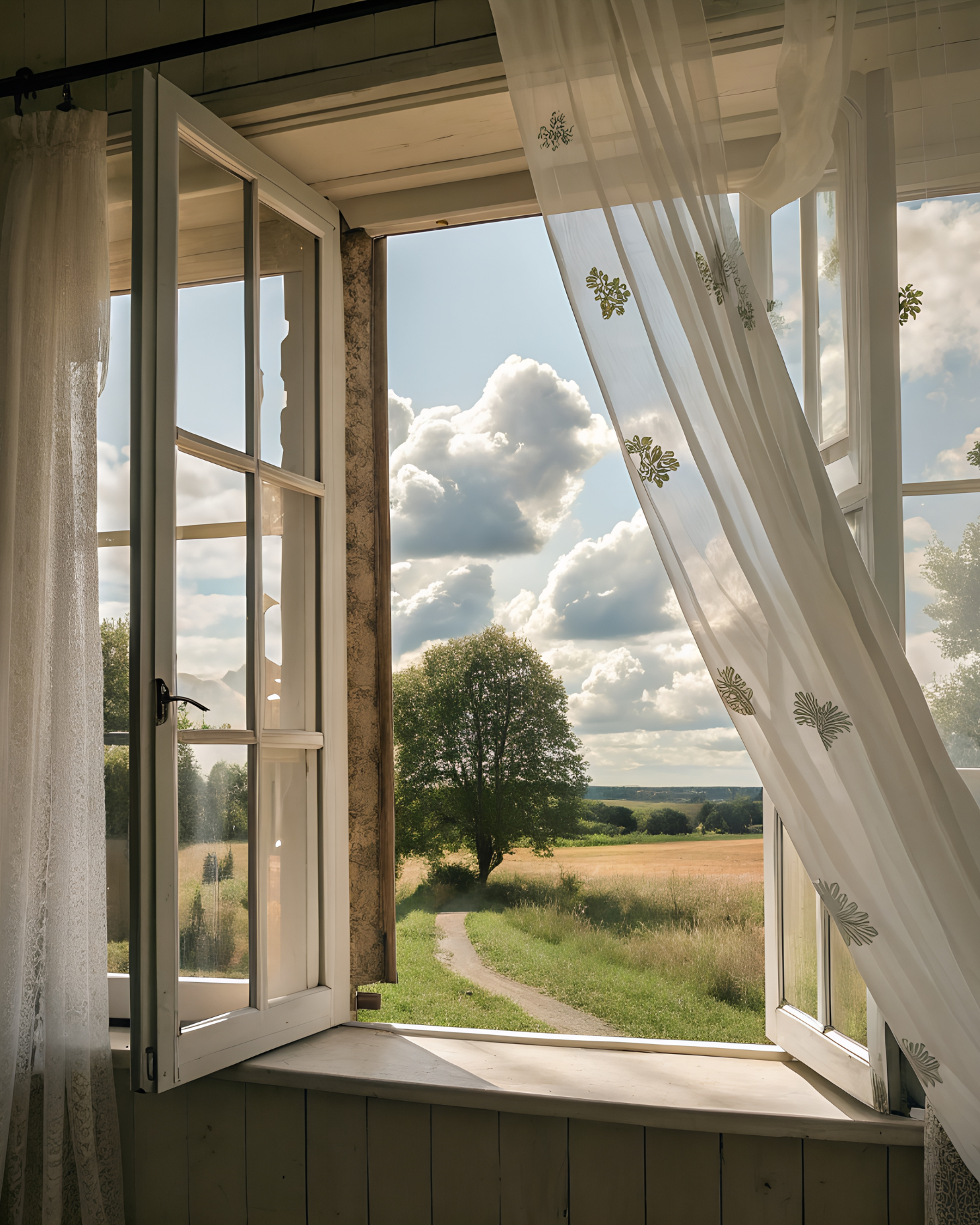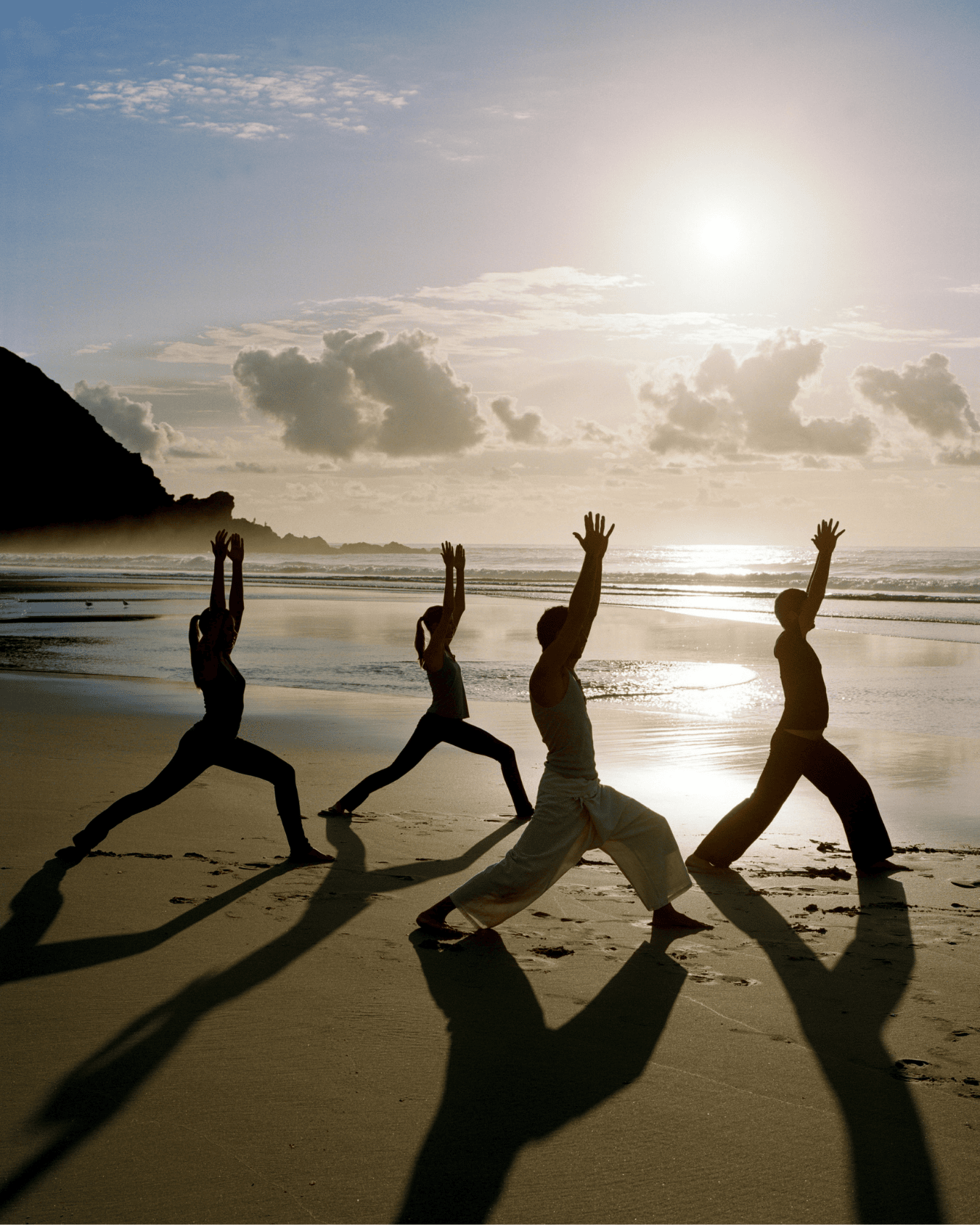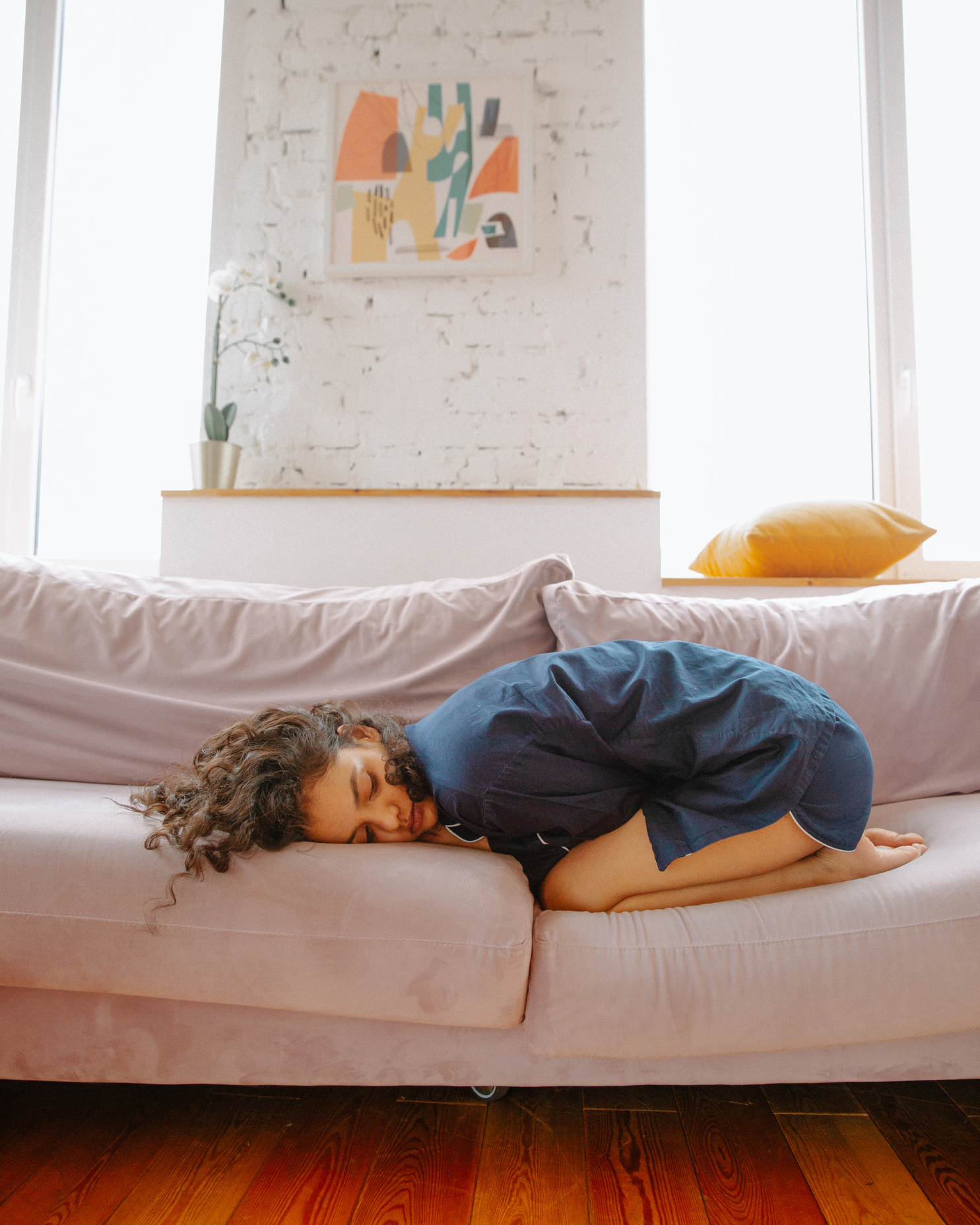Your diet largely determines your energy levels. Not just WHAT you eat, but also WHEN and HOW OFTEN . In the summer, it's good to opt for light, nutritious meals that don't weigh you down.
Fruit is very important. Naturally, there are many more fruits in season in summer, and for good reason. It's exactly what our bodies need:
Berries, raspberries, blackberries, cherries, and pomegranate are packed with antioxidants that protect your body from environmental damage. This is especially helpful if you spend a lot of time outdoors in the sun, drink more alcohol, or eat less healthily in the summer.
– Apples and pears provide long-lasting energy through the fibers and slow sugars
– Bananas are full of potassium, perfect for heavy sweating
– Orange also contains a lot of potassium and vitamin C
In summer, the fruit is even more delicious and easy for me to eat, either on its own or in a smoothie bowl, for example.
Complex carbohydrates & grains:
Sweet potato remains a favorite in summer, too. It provides sustained energy for hours.
– Oatmeal fills you up well and also provides a lot of slow energy
– Quinoa is rich in proteins and easily digestible
– Lentils are perfect for soups or summer salads
Green leafy vegetables:
Kale, spinach, arugula, Swiss chard… they are packed with iron and minerals, which contribute significantly to your mineral balance.
Fish, meat and eggs:
Salmon, mackerel, sardines, eggs, but also chicken, turkey, or grass-fed beef. They're packed with B vitamins, omega-3s, and protein. These nutrients help your brain, nervous system, and muscles recover. They also contain iron. You need iron to transport oxygen in your body. Less iron = less oxygen = less energy. Perhaps just what you need for summer fatigue.
Little extras:
– A piece of dark chocolate (min. 70%) contains theobromine, magnesium and a mini-boost of dopamine.
Beetroot juice is excellent for your circulation and contains nitrates, which increase oxygen uptake in your cells. This means more energy. It's especially ideal before walking or exercising.


